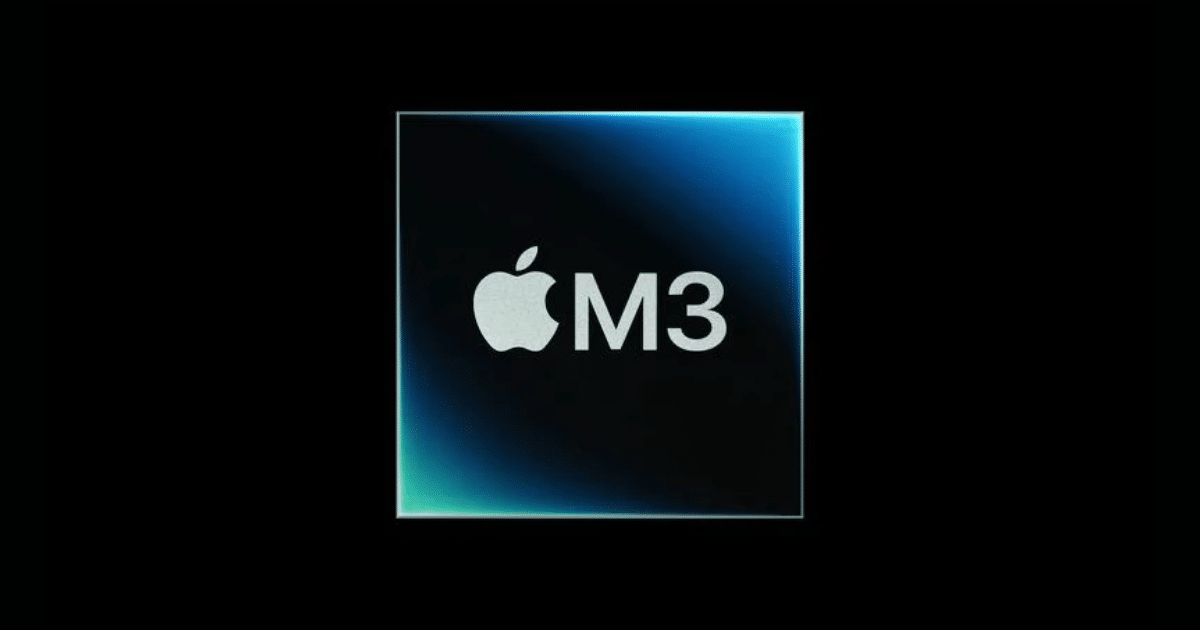Apple’s recent unveiling of the M3 family of chips generated significant buzz, and Geekbench results for the standard M3 chip have now emerged, shedding light on its impressive performance gains.
The base model M3 chip demonstrates commendable improvements, with an 8-core CPU that outperforms the M1 by 35% and the M2 by 20%. Additionally, the 10-core GPU delivers impressive gains, surpassing the M1 by 65% and the M2 by 20%.

M3 chip outperforms M1 by 35% in CPU and 65% in GPU in Geekbench benchmarks
The Geekbench 6 database reveals initial benchmark results for the standard M3 chip, with single-core and multi-core scores of around 3,000 and 11,700, respectively. These results suggest that the M3 chip is up to 20% faster than its predecessor, the M2 chip, which is in line with Apple’s claims during its “Scary Fast” Mac event.
A comparison of multi-core scores across chip generations highlights the M3 chip’s prowess:
- M3 chip: ~11,700 (+20% vs. M2 chip)
- M2 chip: ~9,700 (+17% vs. M1 chip)
- M1 chip: ~8,315
It is unclear whether the benchmarks correspond to the 14-inch MacBook Pro or the iMac, both of which are equipped with the standard M3 chip. However, the identified “Mac15,3” results align with the reported laptop configuration resembling the 14-inch MacBook Pro.
The standard M3 chip features an 8-core CPU, a 10-core GPU, and support for up to 24GB of unified memory. Noteworthy enhancements in GPU architecture include hardware-accelerated ray tracing and mesh shading, which can improve the visual experience, especially for high-end gaming. Additionally, the chip integrates a 16-core Neural Engine for AI applications.
Benchmark results for the higher-tier M3 Pro and M3 Max chips, featured in the latest MacBook Pro models, have yet to surface. However, Apple’s performance claims indicate that these chips will offer significant improvements over the standard M3 chip.
Overall, Geekbench results validate Apple’s performance claims for the M3 chip family, emphasizing its superiority over its predecessors. The single-core score of ~3,000 and a multi-core score of around ~11,000 for the base model M3 MacBook Pro demonstrate its notable advancements over the M1 iMac and M2 MacBook Air.
It is important to note that benchmarks offer only a glimpse into a chip’s capabilities, and real-world performance may vary. Nonetheless, these metrics serve as a benchmark against which Apple can be held accountable for its promised performance leaps.